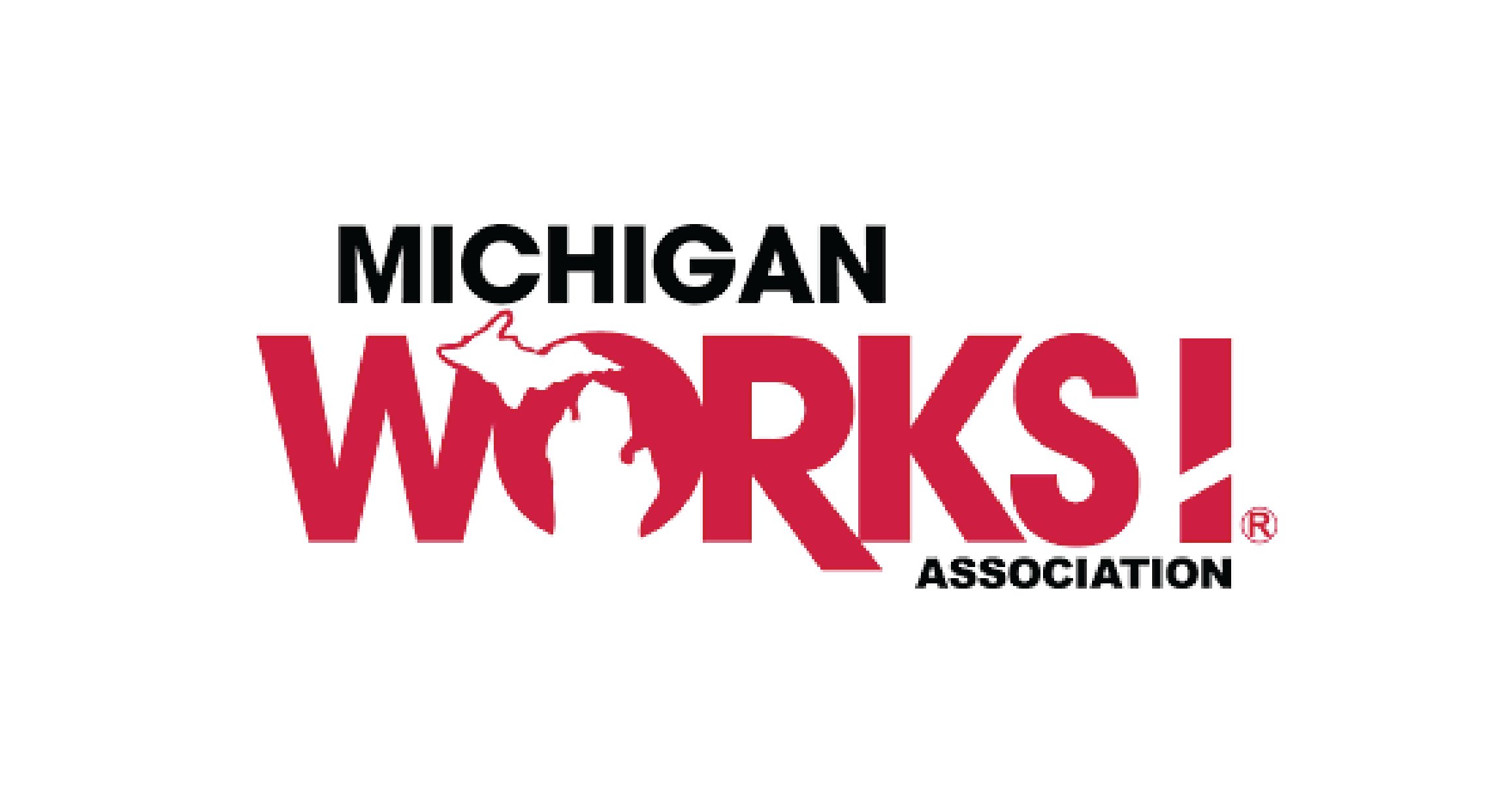.jpg?width=300&name=download%20(56).jpg) In this interview, Edythe (Edee) Copeland, Interim Chief Executive Officer for the association discusses with Chris Holman, how the Michigan Works! Association and others mark July by focusing on Disability Pride Month.
In this interview, Edythe (Edee) Copeland, Interim Chief Executive Officer for the association discusses with Chris Holman, how the Michigan Works! Association and others mark July by focusing on Disability Pride Month.
Click below to hear Luann and Chris's interview in this podcast!
In this interview shared above Luann reviews answers to questions such as:
I understand July is Disability Pride Month. Why is it important to bring awareness to this issue?
· Individuals with disabilities are the largest and most diverse minority within the population, representing all abilities, ages, races, ethnicities, religions, and socio-economic backgrounds.
· Disability pride is accepting and honoring each person’s uniqueness and seeing it as a natural part of human diversity.
· The annual observance of Disability Pride Month promotes visibility and mainstream awareness of the positive pride felt by people with disabilities.
· Now, more than ever, flexibility is important for both workers and employers.
· Ensuring that America’s workplaces continue to accommodate individuals with disabilities is important to the country’s economic rebound.
· Opening the door to opportunity for workers with disabilities is not just a goal, it is a responsibility.
· Implementing sound and innovative policies that improve employment opportunities for people with disabilities is especially important because this population continues to be markedly underrepresented in the U.S. workforce.
· Work gives individuals a sense of purpose and self-worth.
· For many, it defines who they are and is a source of justifiable pride.
· All individuals, regardless of disability, deserve the opportunity to be full members of their community where they can live, learn, work and play through all stages of life.
In addition to this being Disability Pride Month, this year also marks the 31st anniversary of the signing of the Americans with Disabilities Act. Why is this act so important?
· The ADA is landmark civil rights legislation that works to increase access to opportunity for people with disabilities across society, including in the workplace.
· The ADA is an important tool for removing the physical and societal barriers imposed on individuals with disabilities.
· Disability rights advocates continue to work to develop other laws and policies to make our world more inclusive, promote equal opportunity, and reduce discrimination.
· Harnessing the talent and potential of all segments of the population, including people with disabilities, is essential for our economic growth moving forward, and increasing access and opportunity is key.
How does Michigan Works! serve individuals with disabilities?
· Our members, the 16 Michigan Works! organizations across the state, serve over 600,000 job seekers each year.
· Among those job seekers, there are many individuals with disabilities.
· Michigan Works! partners with a variety of agencies both statewide and locally to provide training and assistance that helps them move seamlessly to the next level of employment.
· One of our partners, Michigan Rehabilitation Services, has joined with Michigan Works! to provide easier access to wrap-around services for residents with disabilities seeking employment and training opportunities by co-locating staff in Michigan Works! One-Stop Service Centers across the state.
· Michigan Rehabilitation Services provides specialized employment and education-related services and training to assist teens and adults with disabilities in becoming employed or retaining employment.
· They also work with businesses to find and retain qualified workers with disabilities.
How has the Coronavirus pandemic impacted individuals with disabilities?
· The coronavirus pandemic has challenged every aspect of our society and economy, including employment of people with disabilities.
· The unemployment rate for people with disabilities was at 80 percent in 2019, according to the U.S. Bureau of Labor Statistics.
· Since the pandemic began in March, one in five workers with disabilities lost their jobs versus one in seven of their able-bodied peers.
· Nearly one million jobs have been lost in the disabled community.
· The shift to working from home, coupled with the wide shut down of businesses, have directly negatively impacted employees and job seekers with disabilities and the delivery system for disability employment services.
· Maintaining continuity of critical supports to employees with disabilities who have remained on the job as “essential workers” throughout the crisis is of the highest concern.
· The types of businesses that have been deemed essential during the pandemic such as grocery stores, retail distribution centers, and medical and healthcare facilities employ many individuals with disabilities.
How can our listeners learn more about the Michigan Works! Association and the Michigan Works! network?
· You can visit our website at michiganworks.org to learn more about the Association.
· On the Association website, you will also find a map that will link you to the websites of each of our Michigan Works! organizations.













